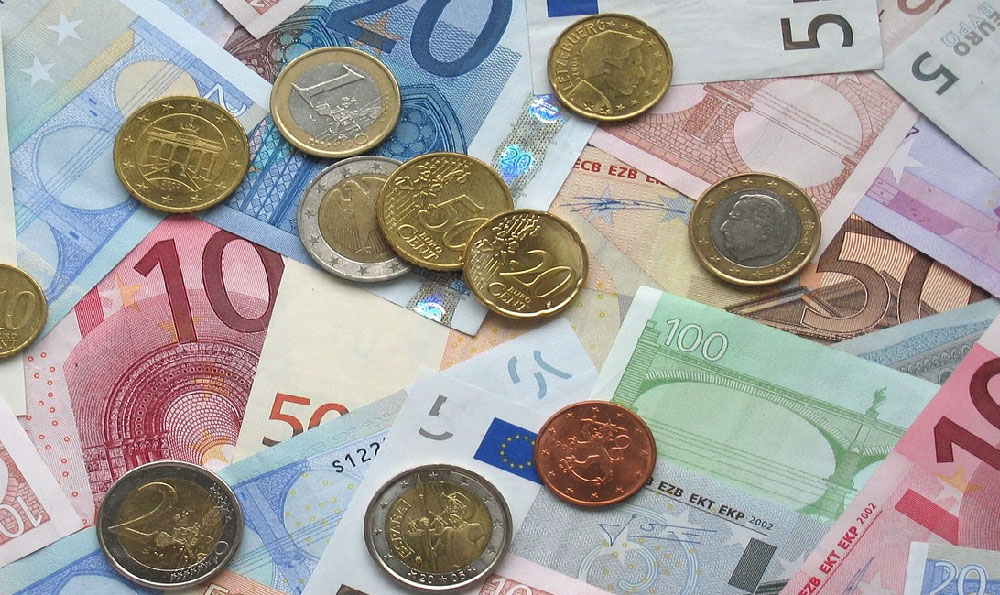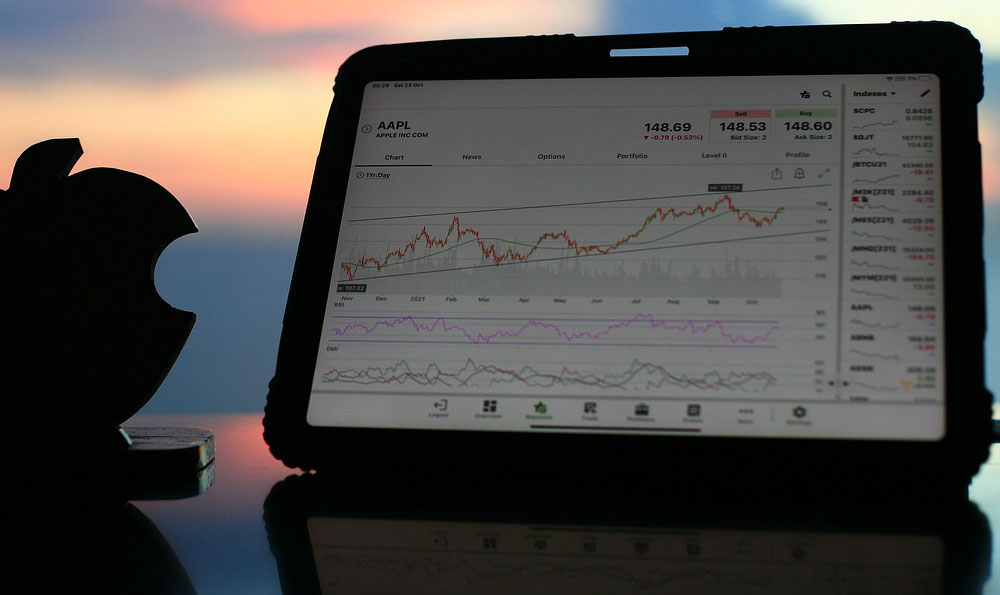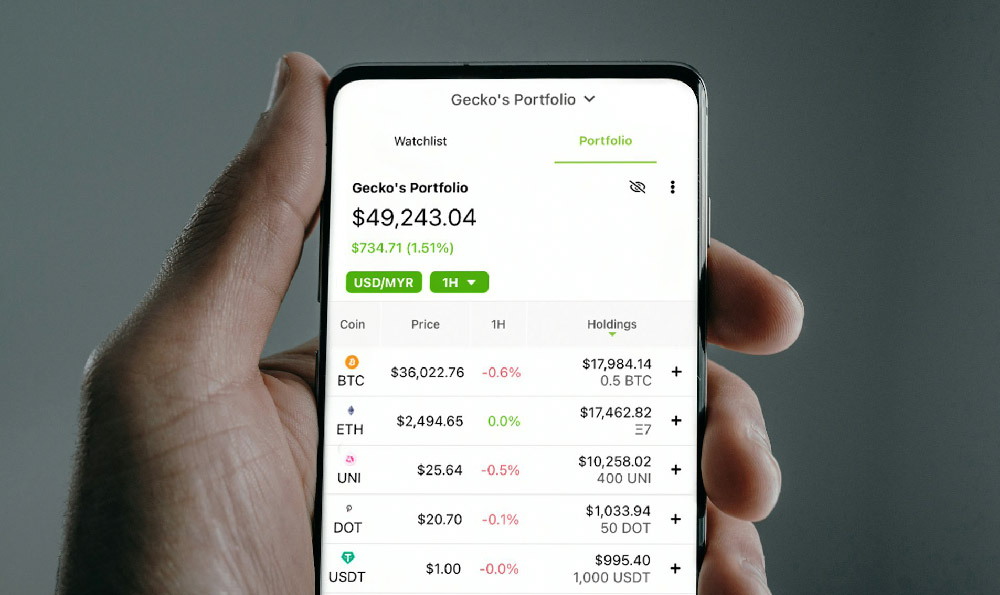Starting a free podcast and monetizing your content is a journey that combines creative passion, strategic planning, and consistent execution. The process begins with identifying a niche that resonates with both you and your target audience, but this isn't merely about finding a topic. It requires deep understanding of your audience's interests, pain points, and the current media landscape to ensure that your content is not only unique but also valuable enough to sustain attention and engagement. Once you've settled on a subject, the next step involves crafting a content strategy that balances quality and frequency. This means developing a regular release schedule—whether weekly, bi-weekly, or monthly—that aligns with your ability to produce new episodes without sacrificing the depth of each one. Tools like Anchor, Buzzsprout, or Podbean can help streamline the production process, but it's essential to invest time in mastering the basics of audio editing, guest coordination, and episode structuring to maintain a polished end product.
The foundation of a successful podcast lies in the quality of its content. Even if you're offering it for free, the value you provide to listeners must be compelling enough to encourage them to return for subsequent episodes. This involves thorough research to ensure your episodes are well-informed, provide actionable insights, or offer entertainment that stands out from the noise. For example, if your podcast is focused on personal finance, each episode could delve into detailed case studies, expert interviews, or interactive Q&A sessions that help listeners address their specific challenges. The key is to create content that feels like a conversation rather than a monologue, fostering a sense of community and connection among your audience. This can be achieved by inviting listener questions, conducting polls, or creating segments that encourage participation and feedback.
Monetization, however, demands a different approach. While the initial allure of a free podcast is to attract a broad audience, the reality is that sustainable revenue requires a mix of strategies tailored to your audience's preferences. One of the most straightforward methods is advertising. Platforms like Spotify, Apple Podcasts, and YouTube allow for ad insertion, but success depends on the relevance of the ads to your content and the size of your audience. For instance, a podcast with a dedicated following of 10,000 listeners might generate approximately $500 to $1,000 per month through targeted ads, while smaller shows may rely on affiliate marketing or sponsored content to offset costs. Sponsorship is another viable option, where brands pay for promotion in exchange for visibility among your audience. This requires building a strong listener base and cultivating relationships with potential sponsors, often by demonstrating consistent growth and engagement metrics.

Beyond traditional monetization, alternative revenue streams can offer more flexibility. Affiliate marketing, for example, involves promoting products or services that align with your podcast's theme. This requires careful selection of partners whose offerings genuinely complement your content, as listeners are more likely to trust recommendations that feel authentic. Membership programs, such as those facilitated by platforms like Patreon, allow listeners to support your podcast financially in exchange for exclusive perks, early access to content, or behind-the-scenes insights. This approach can create a loyal community while providing a steady cash flow, but it requires clear value propositions that justify the cost for members. Additionally, some creators monetize through product sales, leveraging their podcast's platform to promote physical or digital goods that align with their content's theme. This might include books, courses, or merchandise that cater to their audience's interests.
A critical factor in monetization is the ability to adapt to changing trends and audience needs. The podcasting industry is dynamic, with new platforms, technologies, and monetization models emerging regularly. Staying informed about these developments can help you seize opportunities that align with your goals. For example, the rise of integrated ad platforms and listener analytics tools has made it easier for creators to track performance and adjust their strategies accordingly. It's also essential to maintain transparency with your audience about how you're monetizing your content, as trust is a cornerstone of any successful media venture. This might involve disclosing sponsorships, advertising partnerships, or membership benefits in a way that feels natural and unobtrusive.
In the end, the path to monetizing a free podcast is as much about building relationships as it is about technical execution. Consistency in content delivery, engagement with your audience, and strategic partnerships can create a snowball effect that leads to increased visibility and profitability. However, it's important to remember that success doesn't come overnight. It requires patience, persistence, and a willingness to evolve your approach as you gather insights from your audience and the broader market. By focusing on creating value and maintaining authenticity, you can turn your free podcast into a sustainable income stream while continuing to grow your influence and reach.












